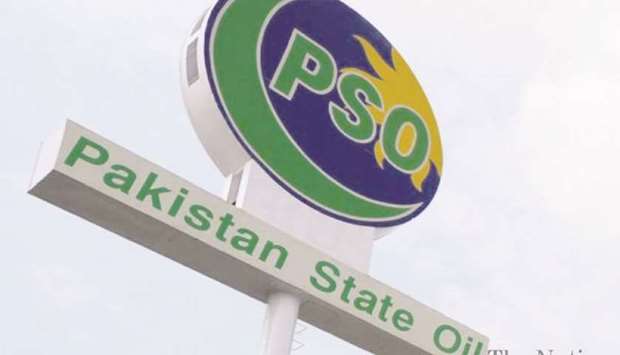The government-owned Pakistan State Oil Ltd, which caters to almost half of the nation’s fuel needs, is looking to open 100 new convenience stores at some of its 3,500 fuel pumps after a successful trial programme two months ago, according to chief executive officer Sheikh Imran Ul Haque. PSO also wants to add as many as 70 new fuel outlets this year as companies, including Trafigura’s Puma Energy BV, enter South Asia’s second-largest economy.
“The whole game is bringing that customer in and emptying his pockets,” Haque said in an interview at the company’s headquarters in the port city of Karachi. The strategy is aimed at increasing the number of PSO customers from the current three million a day, he said.
Foreign entrants have been lured to Pakistan as a growing economy and a rising middle class creates demand for goods and services. Gasoline sales more than tripled to over 6.7mn tonnes in the fiscal year ended June since 2010, according to Shajar Capital Pakistan Pvt. With disposable income rising, the nation of more than 200mn people is also the world’s fastest growing retail market.
Trafigura’s Puma Energy plans to invest in Pakistani fuel retailer Admore Gas Pvt, while other local companies, such as Hi-Tech Lubricants Ltd and WAK Group, are planning to build gas stations for the first time. Puma, should the deal go through, will follow Vitol SA, the world’s biggest independent oil trader, which acquired a stake in Karachi-based Hascol Petroleum Ltd in 2015 and supplies most of its fuel. Vitol exercised an option to increase its stake in Hascol by a further 10% to 25% in July.
Shares rose as much as 1.6% to Rs435.99 in Karachi. The benchmark Karachi Stock Exchange was 1% higher as of 10am local time.
“We believe they are at inflection right now and hopefully going to grab market share from here,” said Suleman Rafiq Maniya, research head at Shajar Capital. “Hascol and the rest were taking the share basically the last three to four years.”
Haque, who joined PSO two years ago, is attempting to push the bureaucratic state-owned company into the future. The company expects to spend 40bn rupees ($379mn) in the next three years to add storage tanks, upgrade 200 of its oldest fuel stations – targeting those in tourist spots – while building about 70 new stations each year. In a first for the state-owned company, Haque also temporarily slashed prices to lure customers during the holy Islamic month of Ramadan this year.
Haque said PSO is now having to evaluate its fundamental sales options since half come from supplying furnace oil to power plants – a line of business that will be phased out by the end of 2019. Those plants will be replaced by gas- and coal-fired plants as Pakistan attempts to end crippling power shortages that have blighted industry and residents for decades, Prime Minister Shahid Khaqan Abbasi said in an August interview.
Haque expects industry furnace oil sales to decline by 0.5mn tonnes this fiscal year, but believes it will take about five-to-six years for the plants to go offline.
The company is also looking to get into refining in a nation that spent a fifth of its total import bill in the past fiscal year on petroleum products including petrol and diesel. Pakistan’s regulator in March approved the retailer’s plan to increase its stake up to 49% in Pakistan Refinery Ltd. The company will look at another joint venture refinery with a capacity of 250,000 barrels a day in five-to-seven years, said Haque.
The company doesn’t expect everything to be smooth sailing though. “Remember we are still a public sector,” said Haque. “We are an elephant, we are a titanic or whatever, it takes its time to steer.”
The company doesn’t expect everything to be smooth sailing though. “Remember we are still a public sector,” said Haque. “We are an elephant, we are a titanic or whatever, it takes its time to steer.”

